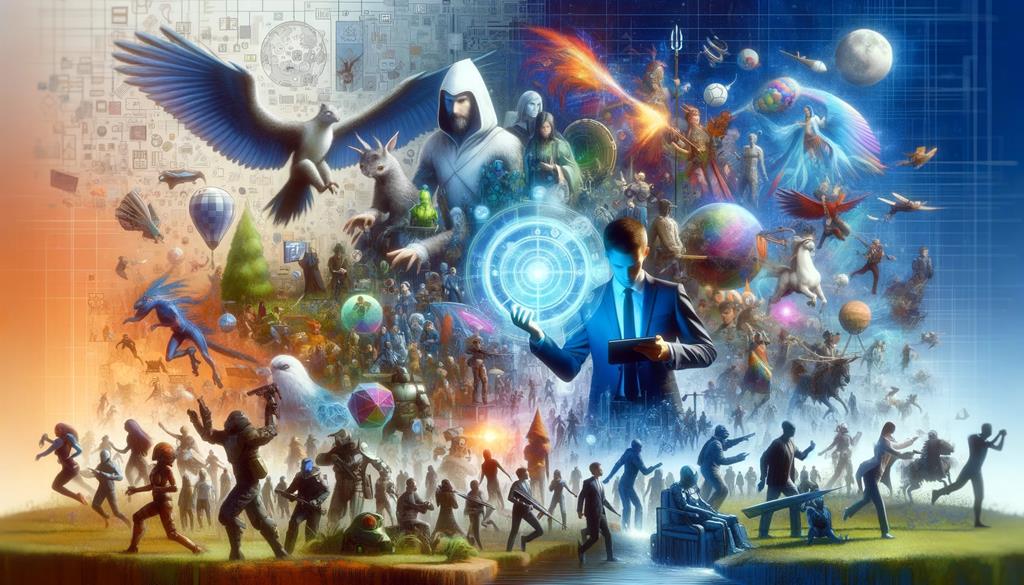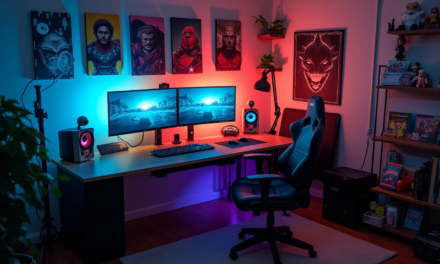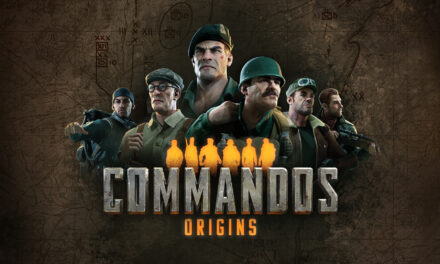
Virtual Worlds, Real Engagement: The Social Impact of MMO Games

MMO games have transformed our perception of social interaction and community development. These online platforms bring together players from diverse corners of the globe, creating a shared virtual realm that fosters unmatched levels of engagement. Beyond merely providing an escape from reality, these immersive and intricate MMOs have made profound social impacts, both in the digital domain and in real-life contexts.
Understanding MMO Social Dynamics
MMO games often present elaborate virtual worlds bustling with players who interact, cooperate, and occasionally compete. It’s more complicated than casino games at Сonquestador, but it is totally worth it. These virtual societies closely resemble real-life social dynamics, compelling players to cultivate their communication, negotiation, and diplomacy skills. Participants have the option to form guilds or teams, leading to the emergence of communities within the game universe. These virtual communities often function as social networks where players establish deep connections. As a result, MMOs can offer a sense of belonging, particularly for individuals who might face challenges with social interaction in the physical world.
Social Learning and Skill Development
Players, particularly younger ones, often acquire valuable life skills through participation in MMOs. These games encompass various aspects such as cooperation, strategy formulation, problem-solving, and leadership. For instance, players frequently strategize to conquer shared adversaries, navigate intricate in-game scenarios, or effectively manage virtual economies.
Some games embrace the concept of “edutainment,” combining education and entertainment to foster learning. These Massively Multiplayer Online (MMO) games incorporate elements of history, science, culture, or geography into their virtual worlds. This not only makes gameplay enjoyable but also facilitates constructive knowledge acquisition. Engaging in educational activities within the context of fun and immersive gaming experiences enhances the learning process in a significantly more captivating and memorable way.
Fostering Global Connections and Cultural Exchange
As players from around the world engage in MMOs, these platforms foster a form of global interaction that was once impossible. They create a melting pot where diverse cultures, perspectives, and experiences meet, paving the way for cultural exchange and understanding. The collaborative nature of MMOs often surpasses geographical boundaries, allowing players from various cultural backgrounds to unite in a shared virtual space. This global interaction fosters cultural exchange and offers a distinctive platform for individuals to value and celebrate the richness of diversity. In MMOs, players might find themselves collaborating with teammates from different parts of the world, each contributing unique perspectives and strategies to the game. This global community-building feature is a remarkable way of promoting diversity and inclusivity, as players can learn tolerance and respect for different cultures through friendly competition and cooperation.
MMOs and Mental Health
The potential impact of MMOs on mental health is often overlooked. Online gaming provides anonymity, offering individuals battling mental conditions or feeling marginalized in real-world social contexts a respite. In these virtual spaces, individuals commonly explore their identities, experiment with unfamiliar roles, and express themselves more freely.
Furthermore, for many individuals, massively multiplayer online games serve as a platform where they can openly discuss their challenges and share their personal experiences. This exchange of thoughts and emotions offers them mutual support and companionship. However, it is crucial to acknowledge the potential risks associated with excessive gaming, including addiction and its detrimental effects on mental health. Thus, maintaining a harmonious balance between one’s virtual world engagements and real-life interactions becomes imperative.
Bridging Unlikely Divides
Uniquely, MMOs can foster connections between players of different ages, backgrounds, and professions. They can serve as a bridge between generations, allowing individuals from various age groups to interact and learn from each other. This can result in rich intergenerational dialogue and understanding, dispelling stereotypes and fostering empathy.
Conclusion: Real Impacts of Virtual Worlds
MMO games have undeniably created virtual environments with significant social impacts. These immersive worlds offer opportunities for social interaction, learning, cultural exchange, and even psychological support. At their best, MMOs foster the growth of global communities bonded through shared interests and experiences. However, it is crucial to acknowledge and address potential negative consequences like gaming addiction. By recognizing the profound societal effects of these digital realms, we can responsibly engage with them to promote personal and collective well-being.
























